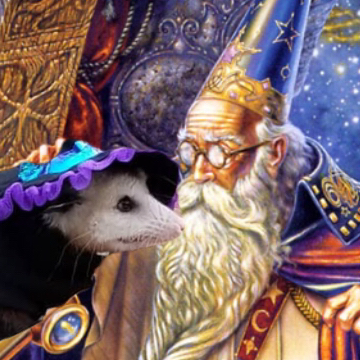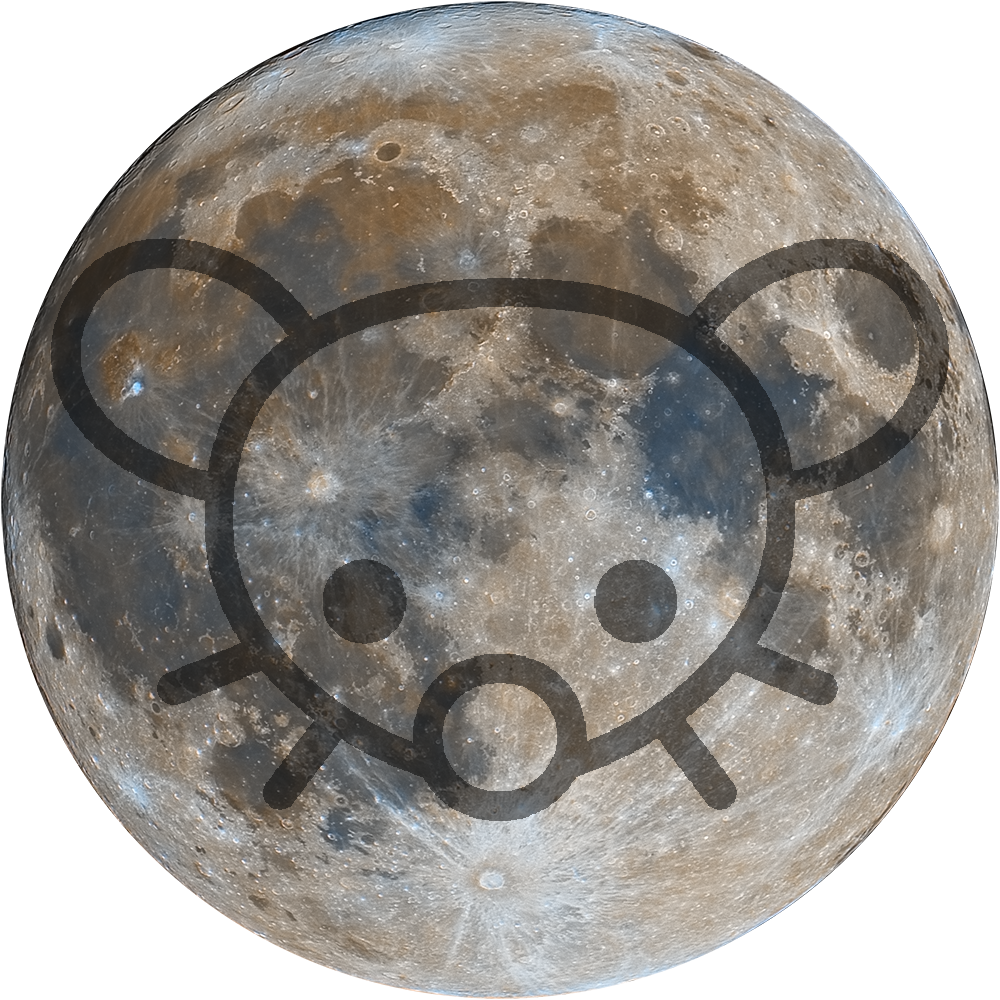PLEASE do not look at the sun unless you are wearing proper eclipse glasses.
On Monday April 8th, 2024 there will be a total solar eclipse over the USA, Mexico, and Canada. If you are able to travel to the path of totality, I’d highly recommend it, as the next eclipse over the US won’t be until 2045. The difference between a 99% partial eclipse and totality is literally night and day. Remember: it is only safe to look without solar filters during the totality period if you are in the narrow band where totality occurs.
These are good resources for finding out exactly when/how long totality will occur for your location, as well as recommended camera exposure settings:
http://xjubier.free.fr/en/site_pages/solar_eclipses/TSE_2024_GoogleMapFull.html
http://xjubier.free.fr/en/site_pages/SolarEclipseExposure.html
Here is some random assortment of advice:
-
Don’t forget your solar filter. This goes on the FRONT of your lens/telescope before the light hits any of the optics. Do not look through a telescope or viewfinder with only eclipse glasses on your eyes. You will burn your retinas and damage your equipment.
-
Have backup location(s) in case your main observing spot is cloudy on the day of.
-
Use an intervolometer or control your camera via PC to automate your camera during totality. It’s better to take in the eclipse with your own eyes instead of fiddling with camera settings. If something goes wrong at the last minute just leave it be and enjoy the eclipse.
-
Do a full practice run to test out all of you equipment before hand. Get used to taking your solar filter on and off quickly. Bring extra batteries, cables, SD cards, etc.
-
You’re gonna be outside for a while on a (hopefully) sunny day. Bring plenty of water, suncreeen, and snacks.
-
Don’t forget your solar filter. You want to focus your camera during the partial phases with the filter on, so that way you’re ready to go as soon as totality starts.
-
Be prepared for eclipse traffic. During the 2017 eclipse I drove to my site in 3 hours the day before, and took 9 hours to drive back right after the eclipse. Top off on gas beforehand.
-
For those with widefield setups, comet 12P will be fairly close to the eclipse and about mag +4.7. Several planets will be visible too.
-
It’s okay if you aren’t exactly on the centerline in the path of totality. Even going 2 miles into the zone of totality will get you a whole minute of total eclipse time, and going halfway to the centerline will get you over 3 minutes.
-
At this point it’s probably too late to book a flight or hotel that isn’t stupidly expensive. Personally, I’m gonna sleep in a walmart parking lot the night before the eclipse.
-
DON’T forget your solar filter.
Please keep our community rules in mind when sharing your eclipse pics (titles, acquisition/processing info, etc). I can’t wait to see what everyone is going to capture in just a few more weeks!
I’m still kinda upset that it clouded over at the last minute during the 2017 eclipse. I had my camera set up to take a bunch of exposures for HDR throughout totality, and this was really the only one that turned out. Hopefully it’ll be clear this time and I can get a proper HDR image, but I’m not looking forward to driving 6+ hours back home (not including eclipse traffic).
Also for anyone else who saw the last eclipse, did the dumb lizard part of your brain freak out a little when you saw stars out at 2pm or was it just me?
I’m frequently in the area of a space launch site. If it makes you feel better, consider that both these types of events are highly photographed. You can always find a photo by someone else, but you can’t always see it with your own eyes. You were there and got to see for yourself. That by itself is a kind of great life achievement.
I know it’s not exactly the same thing as having the experience of taking the photo, but I once had a job where I lead tour groups composed of people from the general public, and I told those tourists to please, please look with your eyes at the space vehicle because you can always find a great photo later. You can only be here seeing this launch right now.
You also left with something more valuable than seeing the eclipse. You have the memory, of which the photo reminds you and that you can share with others by that photo. I find as I get older that the memories the photos bring back are more valuable than the photos themselves.
This is my big fear. I wanted to go to Texas to be more confident in cloudless skies but my stepdaughter is dealing with back issues right now where flying would be difficult and that’s really too far to drive with the time we have off. We’re basing ourselves in Cincinnati but I’m mentally prepared to drive from there to Saint Louis or Buffalo on the day-of to find cloudless skies. She was going to see the 2017 with her mom but her bio-dad made a big deal about how he was the science guy and they’d been talking about it forever and had plans to go see it so my wife let her go with him. Then it was cloudy where their hotel was and he couldn’t be bothered to drive 25 miles away to where there were clear skies (about where we were) so she didn’t see anything. I’m going to do all I can to make sure she sees this one.
I wouldn’t be able to go see it anyway unless I found someone who was already going, but I’m genuinely curious: what will people see live that we can’t already see in pictures?
It’s really awe inspiring in the way pictures can’t fully convey. One of those things like going to a stunning national park like Crater Lake and realizing that no matter how spectacular an image you’ve seen, the experience in person is dramatically more impactful.
I saw it in 2017 and pictures do not do it justice. The atmosphere of the eclipse, as well as the events before and after totality have to be experienced in person. You should watch this video to get a good idea of things that will happen https://youtu.be/eNK2LI7VeX4
I have a 360 camera now (Insta360 One X2) and think I’m going to try to set it up to record the totality. I’m assuming I won’t need to do anything special for it, since it’s always having to deal with Sun in daytime images and videos, but does anybody have any idea about if I’ll end up with anything? Any settings I should use? I’m thinking I might have something I can at least look back at later in my VR headset, and as @henfredemars says, I’ll be able to look with my own eyes at the eclipse without worrying about getting the picture.



